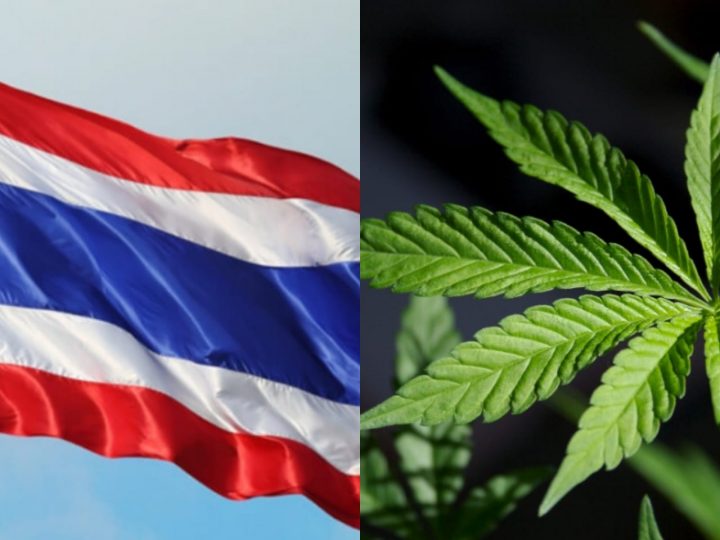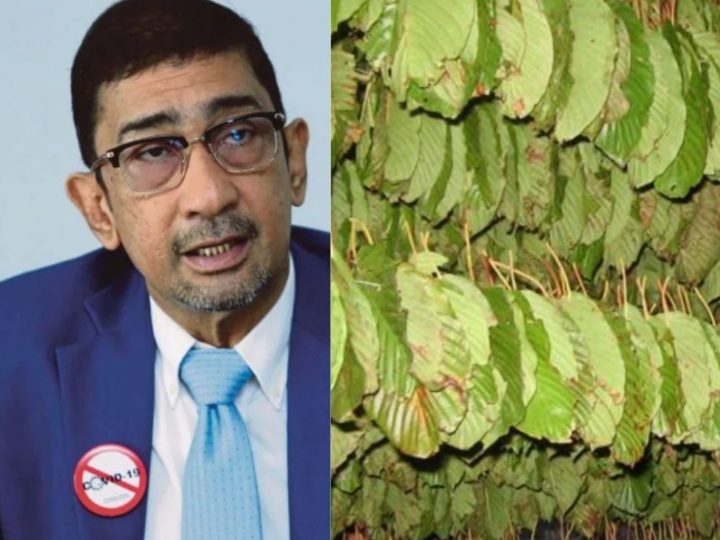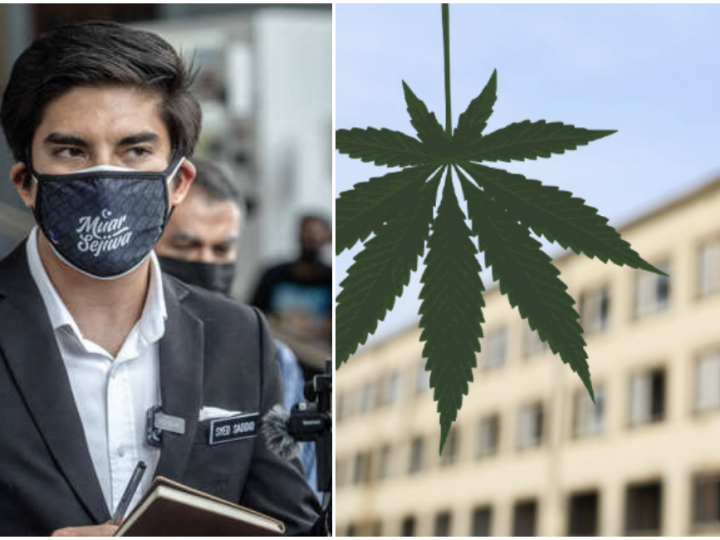Cannabis And Bipolar Disorder: Remedy Or Trigger? Here’s What Patients And Stoners Have To Say
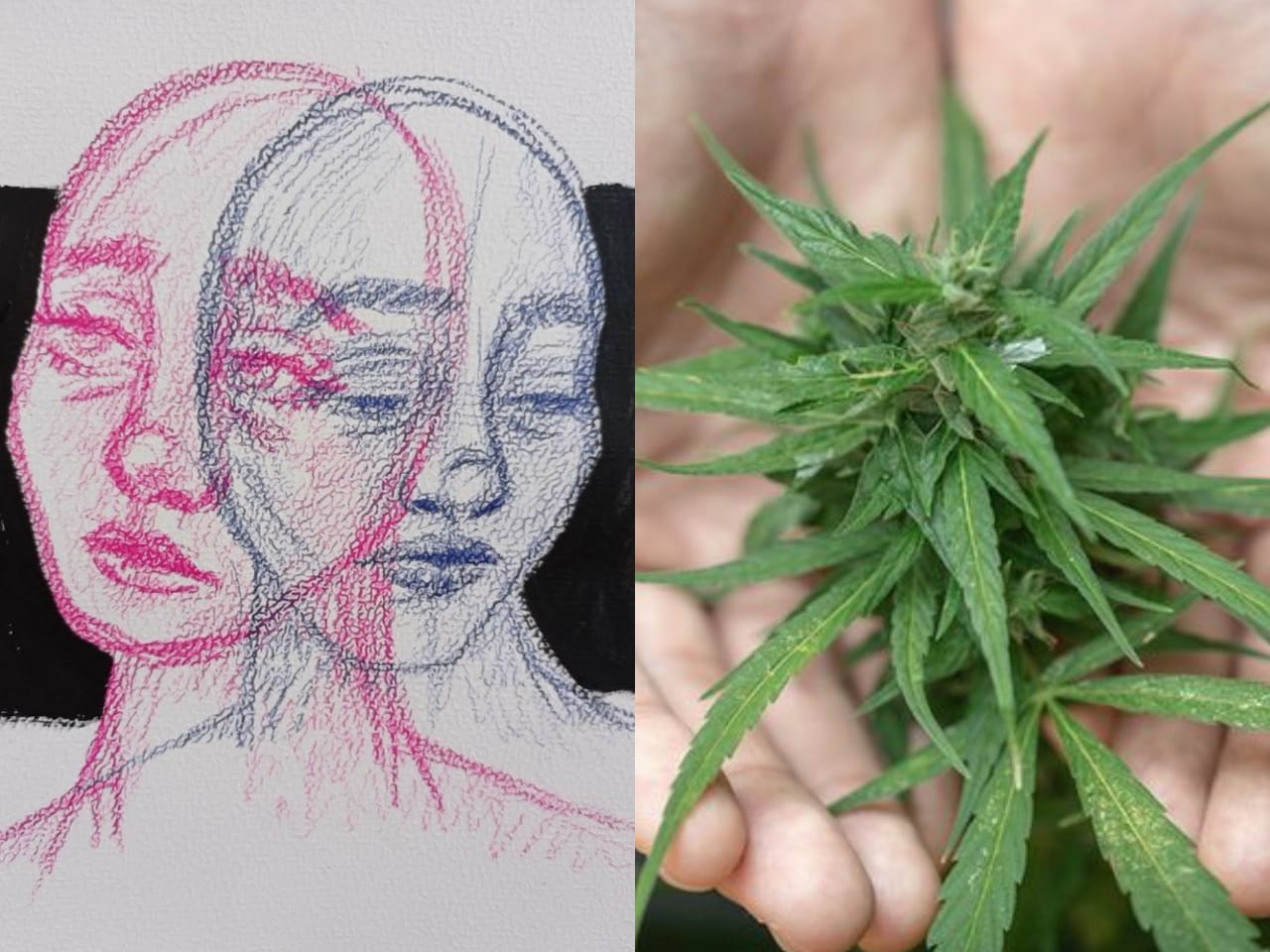 Thirsty for JUICE content? Quench your cravings on our Instagram, TikTok and WhatsApp
Thirsty for JUICE content? Quench your cravings on our Instagram, TikTok and WhatsApp
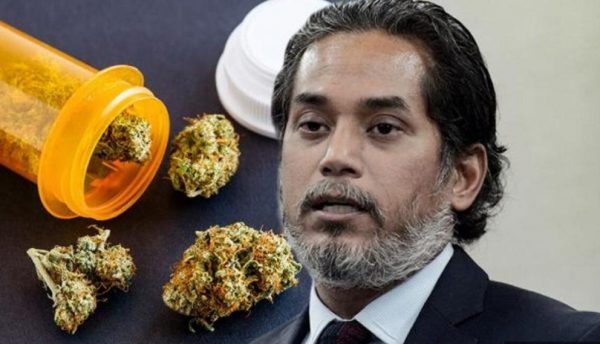
Late last year, the Malaysian government followed in the footsteps of other countries and began pushing for a radical evolution in the face of today’s health resources and economy: medical marijuana, to be utilized as a form of alternative medication to treat physical illnesses, such as Parkinson’s disease.
According to cannabis-related research on a global scale, the drug is capable of combatting several ailments. Muar MP Syed Saddiq has also spotlighted the legalization of cannabis, following the arrest of Nasyid singer Yasin Sulaiman, who was allegedly taking the drug to alleviate his symptoms as a Bipolar patient.

Several netizens have come to the defence of the convicted as well upon learning about his mental condition, while experts continue to debate on whether cannabis as a direct cure is a myth or fact.
Bipolar disorder, also known as manic depression, is a mental condition characterised by conflicting emotions as well as changes in sleep, energy, reasoning, and actions. It has an impact on work, school, interrelations, physical wellbeing, and many other areas of daily life.
Researchers have yet to discover the true origin of bipolar disorder, let alone a cure. It can, however, be treated with a combination of different treatments, such as medication to prevent episodes of mania and depression, known as mood stabilizers.
Cannabis is used by many people with bipolar disorder to try to relieve their episodes. Many sources report the substance is advantageous based on anecdotal evidence, but scientific proof is lacking.
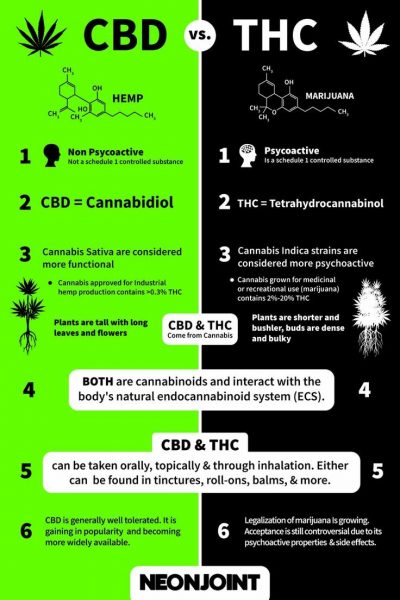
The cannabis plant contains over 500 different chemical compounds. The most well-known of these cannabinoids are delta-9-tetrahydrocannabinol (THC) and cannabidiol (CBD).
THC induces the “high” that several people equate with cannabis use, whereas CBD is picking up steam as an alternate solution for a variety of conditions, including some psychological disorders. It is also important to note that many studies on the effect of cannabis on bipolar disorder have focused on the use of THC.
The Alcohol and Drug Abuse Institute published a review of internal studies undertaken to investigate the relationship between bipolar disorder and cannabis in 2017. (ADAI).
According to the report, there is a link between cannabis use and the following health problems:
- Developing bipolar disorder at a younger age, longer or worse manic episodes
- Increased risk of suicidal ideation
- Accelerated cycling or abrupt transition from manic to depressive episodes
- Suicidal behaviours in THC-addicted individuals
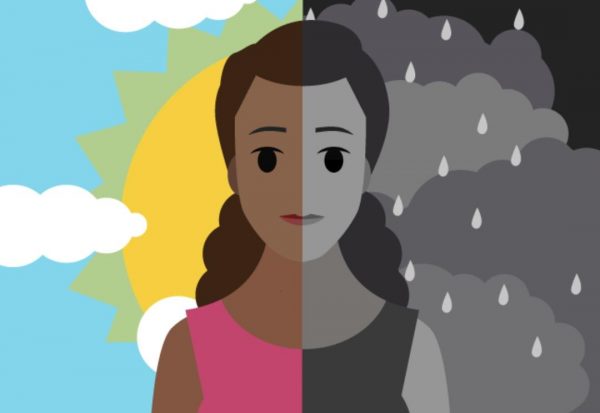
So is cannabis an effective and reliable cure for bipolar disorder? Is it advisable long-term, considering the amount of adverse results recorded thus far? Is it even safe as a temporary measure?
Let’s see what patients and stoners have to say.
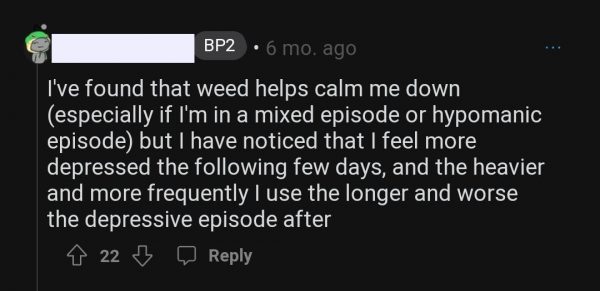
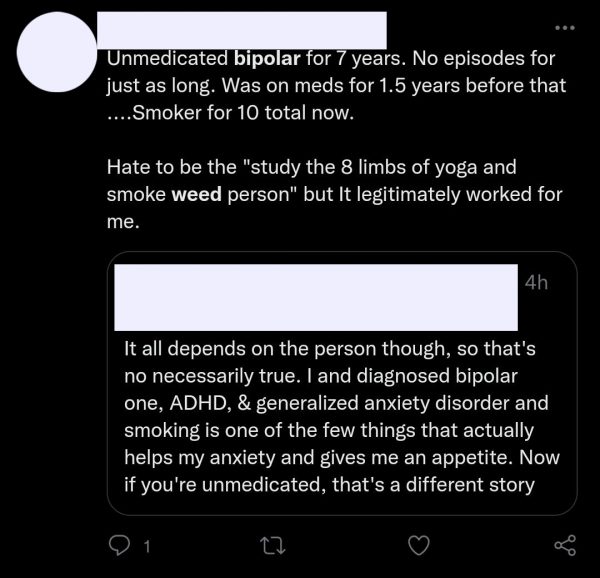
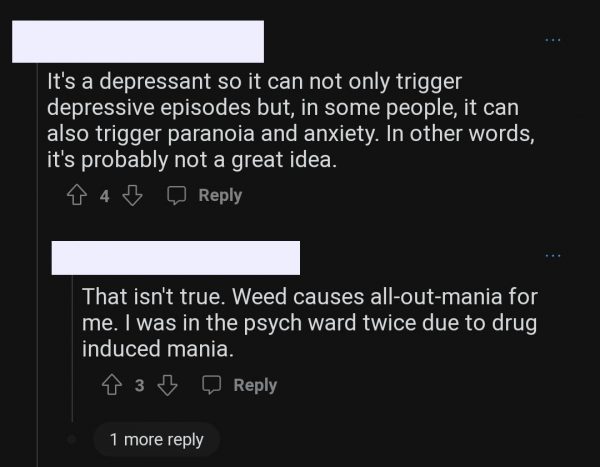
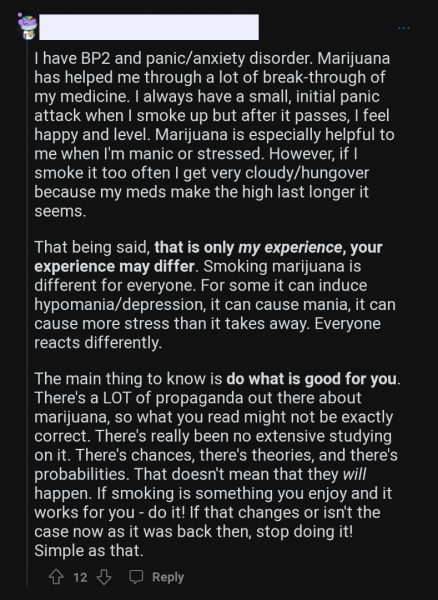

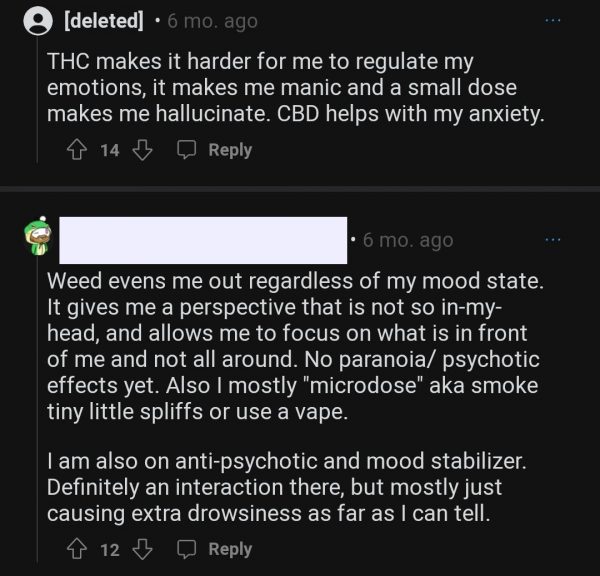
While some have said that the drug does allow them to sleep better or build up an appetite, many have unanimously agreed on experiencing an uneasy sensation commonly referred to as a ‘weed bipolar’, whereby the consumer faces withdrawal symptoms similar to those of actual bipolar patients.
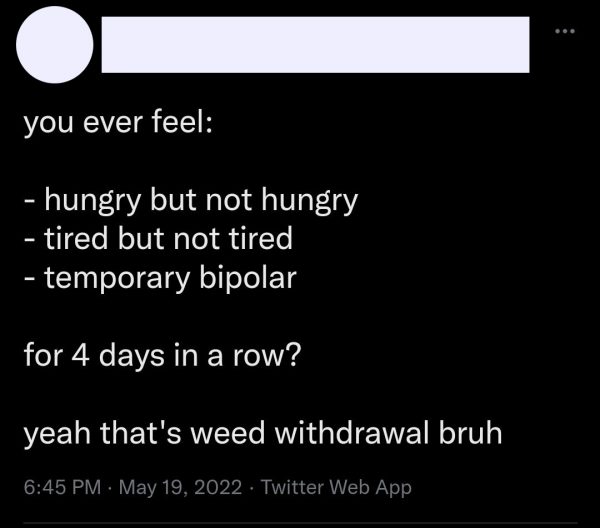
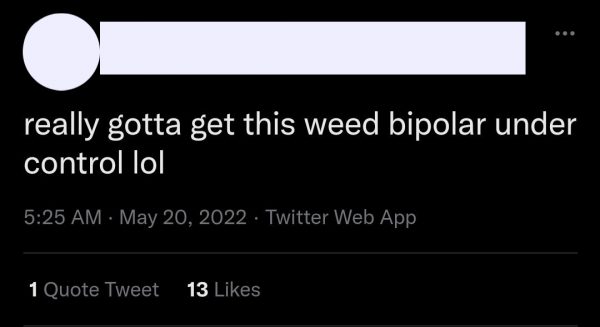
With multiple conflicting perspectives in the eyes of patients, stoners, and experts, it seems like there’s only one shared opinion in the mix- that it all depends on the person. While this means that certain patients may be able to find comfort in cannabis use, the risks are far too perilous to be directly recommended by physicians for now.
Of course, authorizing the drug for non-recreational use also begs the concern of misuse and legal restrictions.
It’s also worth mentioning that patients who are readily under medication or mood stabilizers, for bipolar disorder or otherwise, seem to react negatively to cannabis, worsening their symptoms rather than curbing them.


 Get Audio+
Get Audio+ Hot FM
Hot FM Kool 101
Kool 101 Eight FM
Eight FM Fly FM
Fly FM Molek FM
Molek FM